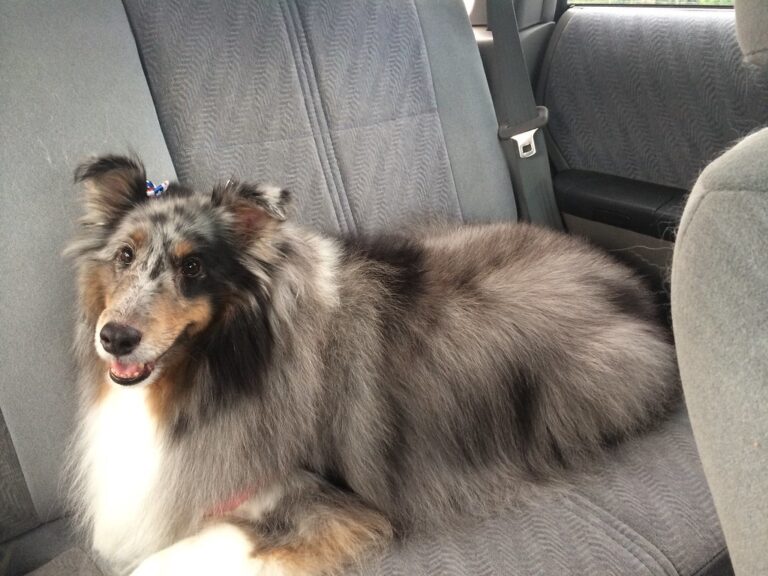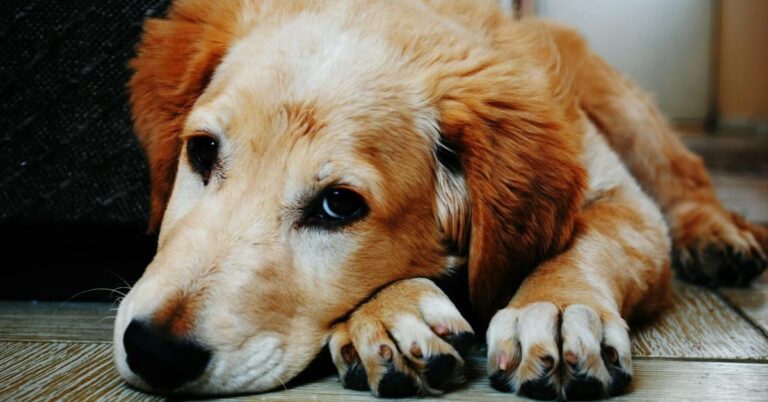Why Does My Puppy Steal Things and Is It Common?
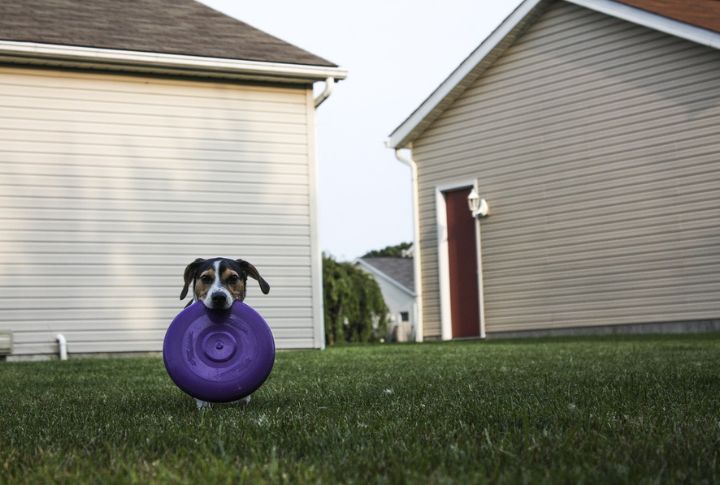
If your puppy is always picking up random objects around the house or in someone else’s home, it’s not uncommon. Many puppies love grabbing whatever they can find, but why does this happen? Is it something to worry about? By understanding their motivations, you can help direct their energy toward more positive behaviors. Read on to learn how.
Why Do Puppies Take Things?

Puppies explore their world with their mouths, and familiar scents, like their owner’s shoes, attract them. Grabbing objects isn’t mischief; it’s curiosity and instinct at work. Chewing brings comfort by releasing endorphins. Instead of scolding, introduce chew toys to channel this natural behavior into something more acceptable.
Attention-Seeking Behavior

Sometimes, puppies grab things just to get your attention. If you never engage them in a game of chase, they might turn the chase into a game without even realizing it. Offering a trade with a toy or treat works better. Ignoring their antics when it’s safe shows them that sneaking off with stuff won’t earn any attention.
Relieving Teething Pain

Teething can be quite painful for puppies, and chewing helps relieve that discomfort. Offering chew toys with different textures can provide relief and keep them away from valuable household items. By giving them these alternatives, they’ll naturally gravitate toward safer options that soothe their sore gums.
Boredom and Lack of Stimulation

Puppies often grab things when they’re bored. Without enough mental or physical stimulation, they’ll seek out entertainment in the form of whatever’s nearby—shoes, remotes, or cables. Engaging them with interactive toys, regular play sessions, or training activities keeps their attention focused on acceptable outlets.
A Link to Resource Hoarding

Grabbing and stashing items can result from a puppy’s natural instinct to hoard. This behavior originates from their ancestral survival instincts, where wild animals would hide valuable resources for future use. Providing toys or safe objects they can “claim” satisfies this urge, helping them feel secure.
Food-Motivated Mischief

If your puppy is constantly after food-scented items or actual food, they may be driven by hunger. Offering more frequent meals or healthy snacks could curb this behavior. Keeping food items out of reach and ensuring your puppy feels full can also greatly reduce the temptation to sneak off with kitchen-related goodies.
How to Redirect the Behavior

When your puppy grabs something off-limits, calmly guide them toward an appropriate toy or object. This teaches them boundaries without stress. Over time, they’ll learn which items are theirs to play with, and they’ll be less likely to sneak away with things they shouldn’t.
Introducing the “Leave It” Command

Teaching the “leave it” command is a valuable tool to prevent your puppy from grabbing dangerous or off-limits items. Start by practicing with less tempting objects, rewarding them for compliance. Gradually work up to more appealing items, reinforcing the idea that some things simply aren’t theirs to grab.
Toys That Can Help

Giving your puppy a mix of toys keeps them engaged and reduces their interest in household items. Puzzle toys, textured chew toys, and food-dispensing toys offer mental stimulation and physical activity. With different options to choose from, your puppy will have plenty to keep them busy and far less reason to sneak items.
Supervision Is Key
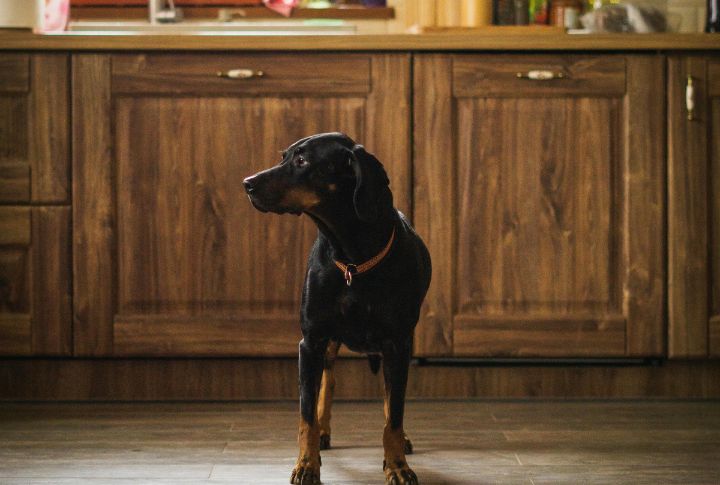
Closely supervising your puppy in areas where they’re likely to grab things can prevent unwanted behaviors. Intervening early lets you correct their actions before they form bad habits. When supervision isn’t possible, restricting access to rooms like the kitchen or laundry room will keep them from wandering off with things they shouldn’t.
Keeping Things Out of Reach

The simplest strategy is to keep tempting items out of your puppy’s reach. This means storing shoes, laundry, and food in places they can’t access. Instead, they will be forced to focus on their toys. By removing temptation, you give them fewer opportunities to grab things that aren’t theirs.
Engaging Their Minds

A bored puppy is more likely to find trouble. Providing them with puzzle toys, training sessions, and new activities helps keep their minds engaged. The more mentally stimulated they are, the less likely they’ll be to sneak off with items around the house in search of entertainment.
Consistency Is Important

Your puppy will learn faster when everyone in the house is on the same page. If some people allow certain behaviors while others discourage them, your pet will get confused. Keeping consistent rules and rewarding good behavior will create a structured environment, helping your puppy develop better habits.
Using Bitter Sprays as a Deterrent
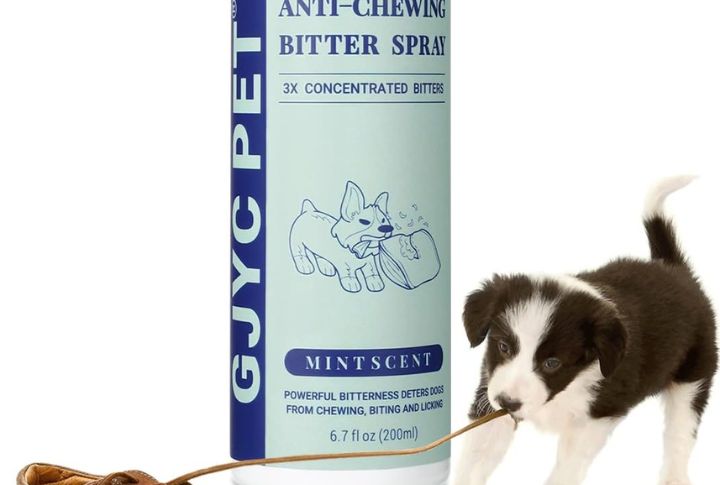
Bitter sprays can help stop your puppy from grabbing furniture or other off-limits items. These sprays make surfaces taste unpleasant, which helps teach your puppy to avoid them. While not a permanent solution, they’re a useful tool during training to help reinforce boundaries and protect your belongings.
Reward Good Behavior
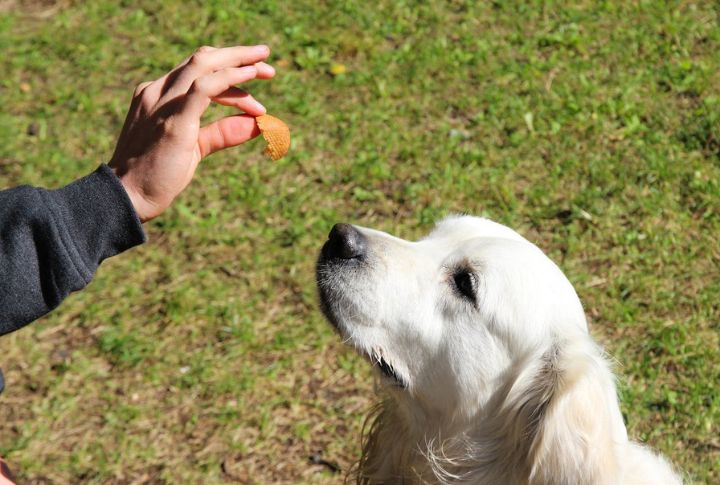
Positive reinforcement works wonders when teaching your puppy good habits. Whenever they choose a toy over your belongings, reward them with treats or praise. This encourages them to repeat the behavior, helping them understand that playing with their own items is the right thing to do.
